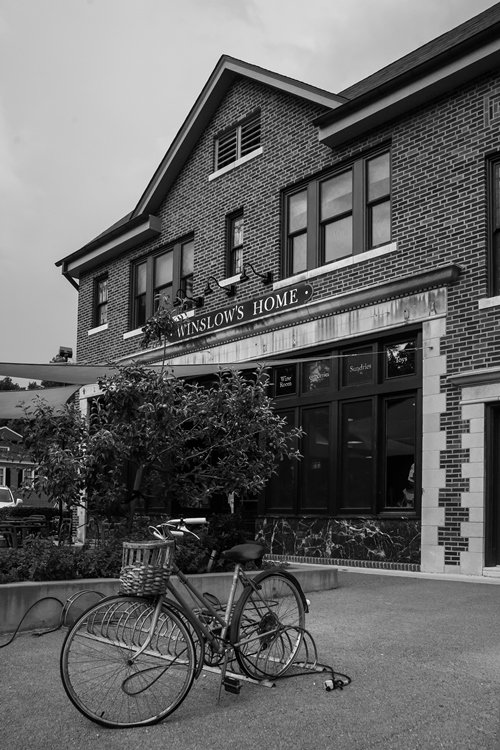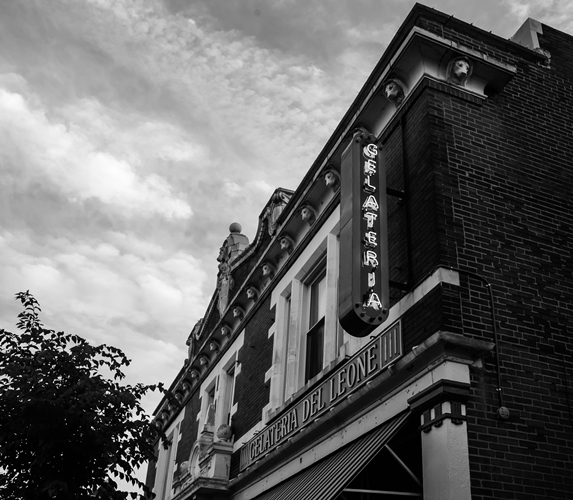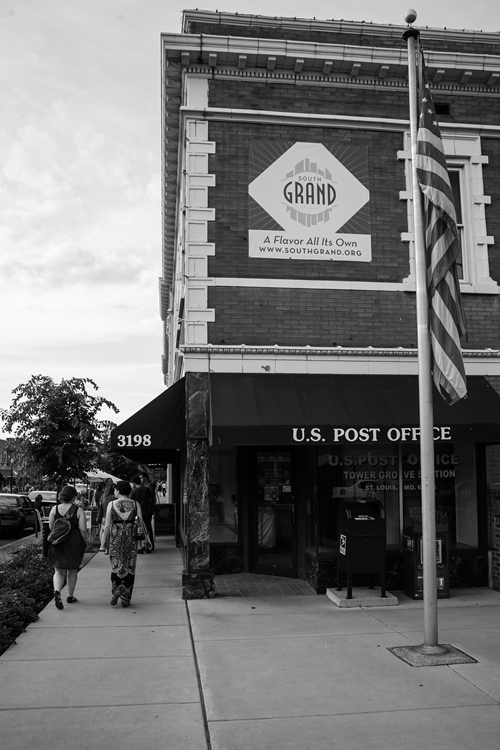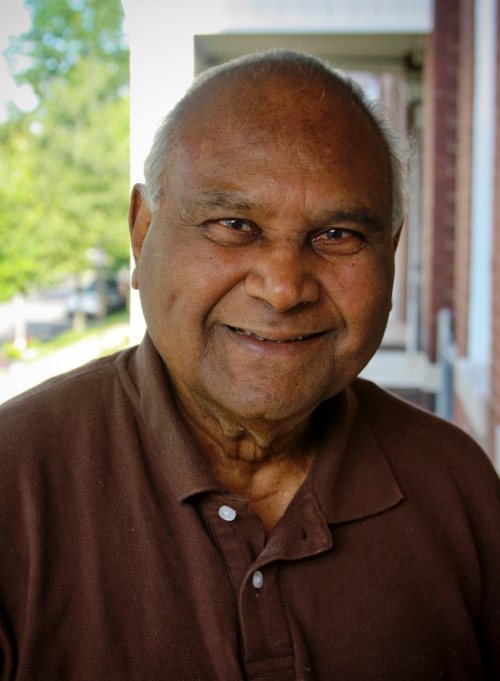
I thought earlier this week to write a short piece about my father for this day, the third anniversary of his passing, and, if it came off well, to perhaps make it an annual thing. I want to write these stories because my father told these stories again and again, and because in the years when he was alive I did not tell them to others nearly often enough. Familiarity need not breed contempt, but it will breed complaisance. And a prophet, a leader, may not get his due in his home, let alone his hometown.
Also, in gathering some information about the story from my brother, he pointed me to a Wikipedia page, and, lo and behold, the story suddenly intersected with my professional life as a librarian.
_______
The Dases of Christian Town, Sialkot, Pakistan have been Christian almost as long as the town itself. My father’s grandfather converted from Hinduism at a time when all of India was one and the “Pax Britannica” made such conversions possible, indeed if they were not positively encouraged. And yet, though I do not know the details of that conversion, it was surely fully owned and genuine as my great-grandfather became an evangelist and my grandfather after him. My grandfather, who was also an early opponent of smoking, crisscrossed his little patch of the Punjab on a bicycle with a large magic lantern powered slide projector, with diagrams descrying the dangers of smoking and the sweetness of the Lord Jesus Christ. And even as he worked in church structures, which though ostensibly equal but which were led by the missionaries, he insisted that his children be educated up through to a Master’s level. This request brought about incredulous derision and laughter from his superiors. There is a wonderful story about that bold stance which cost him a great deal, but that will have to wait until another time. And, though that choice made him have to resign from his church supported position to become an itinerant evangelist having to support himself by selling insurance, in the end all five of his children received their Master’s degrees and my father his PhD.
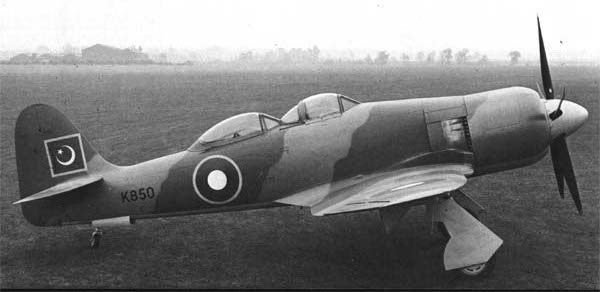
Perhaps his plane looked something like this. http://en.wikipedia.org/wiki/File:SeaFuryT61_Pakistan_1948.jpg
In the early 1950’s my father, with a fresh new Master’s degree in Psychology and rakishly good looks—a thin mustache and slicked back hair, went to work for the equally young Pakistan Air Force. His most memorable task was to be assigned to evaluate the mental health and capabilities of pilots—some of which occurred literally on the job, in the cockpit of World War II era fighter planes. At this point, the PAF was still being aided and trained by the British, and in at least one instance my father was sent up with one of these pilots. In one required maneuver they were to dive straight down and pull out, causing both my dad and the pilot to briefly pass out. One day, from an air base near Peshawar, they flew to the mighty Indus River to a stretch of the river near where a large fort from the Mughal Empire sits on a cliff. Seeing some women washing clothes on stones beside the river, the pilot swooped down in an imaginary strafing run to scare and scatter hem, laughing as he did so. Never mind the mental capacities of this pilot, my father wondered aloud whether or not he might not indeed be simply crazy, to which the pilot shouted to the back cockpit, over the roar of the engine, “Don’t worry, Das, you are flying with a pilot who flew in the Battle of Britain!”
Dad loved to tell this story, along with what a peach of a job it was, complete with a very handsome salary. In the air force he would almost certainly have risen through the ranks to whatever the highest rank was that a Pakistani Christian would have been allowed to hold. He very likely would have married someone completely different and, well, I would not be writing this. However, on a trip home, the principal of Murray College, a college run by Scottish Presbyterians and my father’s alma mater, came to call. Leslie Scott was a great friend of my grandfather and, taken from another light, what follows might appear to be a bit of a set up. Mr. Scott very simply asked him to follow in his family tradition of Christian service and come and be a professor at the college. When my father was told what the salary was, he simply laughed. It was far south of half of what he was making.
This is the part of the story where my father would get most animated, and perhaps a time when he might grab one’s forearm as he was wont to do when he really wanted to get a point across. He would laugh and recount just how much he was making in the air force and all the opportunities he had had before him. And then he would pause and then dramatically say, “And, you know what, I said, ‘Yes!’” In some tellings, in a denoument, his eyes would glisten and he would say, “And if I had not have taken that job, I would never have met your mother.”
He did take that job and go on to be professor and get a Fulbright to the University of Texas and meet my mother and start a life with her in Pakistan, for a time not working at Murray College at all, and finally in 1972 receiving another fateful call to be its Principal, rising through the Civil service ranks to the highest grade that an educator could receive and for a while serving as the Moderator for the Church of Pakistan in his spare time.
The part of this story which intersects with my job is the part where I look up the Wikipedia article about Murray College. I read about Mr. Scott and the principals who follow him all the way up to 1972, and the next paragraph begins: “Professor Ahmed Raza Siddiqui was the first muslim Principal of Murray College from 1986 to 1992.”
It may be time to become a Wikipedian.





